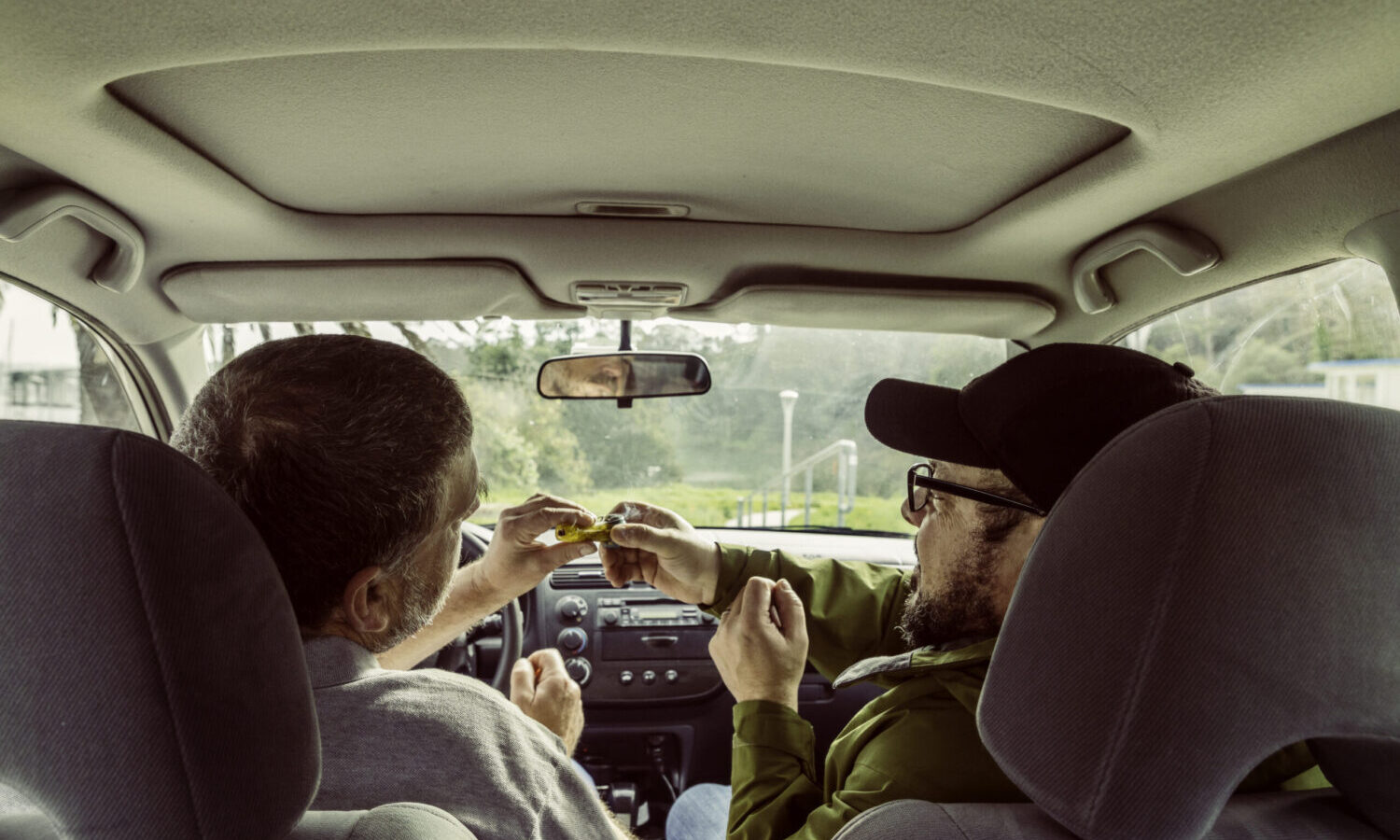
In partnership with The Fresh Toast
Insurance actuaries did not find any significant impacts of decriminalization on fatal car crashes or insurance claim frequency.
Marijuana intoxication and driving is one of the biggest issues that weed faces upon legalization. There’s no accurate way to quantify the moment when people are too high to drive and no accurate way of obtaining this data.
A study conducted in Canada tried to get some answers, bringing in insurance actuaries to figure out whether or not marijuana reform results in more accidents.

The report was conducted by the Canadian Institute of Actuaries (CIA) and the Casualty Actuarial Society (CAS). They concluded that marijuana decriminalization wasn’t responsible for more traffic accidents.
RELATED: Drivers Less Likely To Get Behind The Wheel Stoned In States With Legal Weed
The study conducted an overview of available data on marijuana and driving. And while the data showed that marijuana use did have an impact on the way people drove, this impact wasn’t always a bad thing, pointing out earlier data from 2016 and 2022 that showed that high drivers were more aware of themselves and tend to drive slower. The more experienced the marijuana user, the less likely it was for these people to get involved in an accident, showing how different the issue is when compared to driving under the influence of alcohol.
Still, the evidence is conflicting. Data that dates back to 1993-2003 shows that 5% of drivers between the ages of 20-50 who tested positive for marijuana were more likely to speed and fail to see road signs. Of course, these studies have their own caveats, with all of them limiting their scope to one statistic or focusing solely on one area.
The Canadian study had more modern data from both the US and Canada, compiled from 2016-2019, when people had a different, more positive relationship with cannabis.

RELATED: Does Cannabis Legalization Increase Impaired Driving Rates? New Study Has Answer
“The methods used in this research include improved statistical models, machine learning, and other data science techniques. The models used high-resolution weather data to account for the effects of weather factors,” said the report’s author.
As usual, more research is necessary in order to have a more accurate picture of marijuana and its impact on driving. Still, it’s a complex topic and one that isn’t as simple as it’s often painted out to be.
Read more on The Fresh Toast
Advertising disclosure: We may receive compensation for some of the links in our stories. Thank you for supporting Irvine Weekly and our advertisers.
